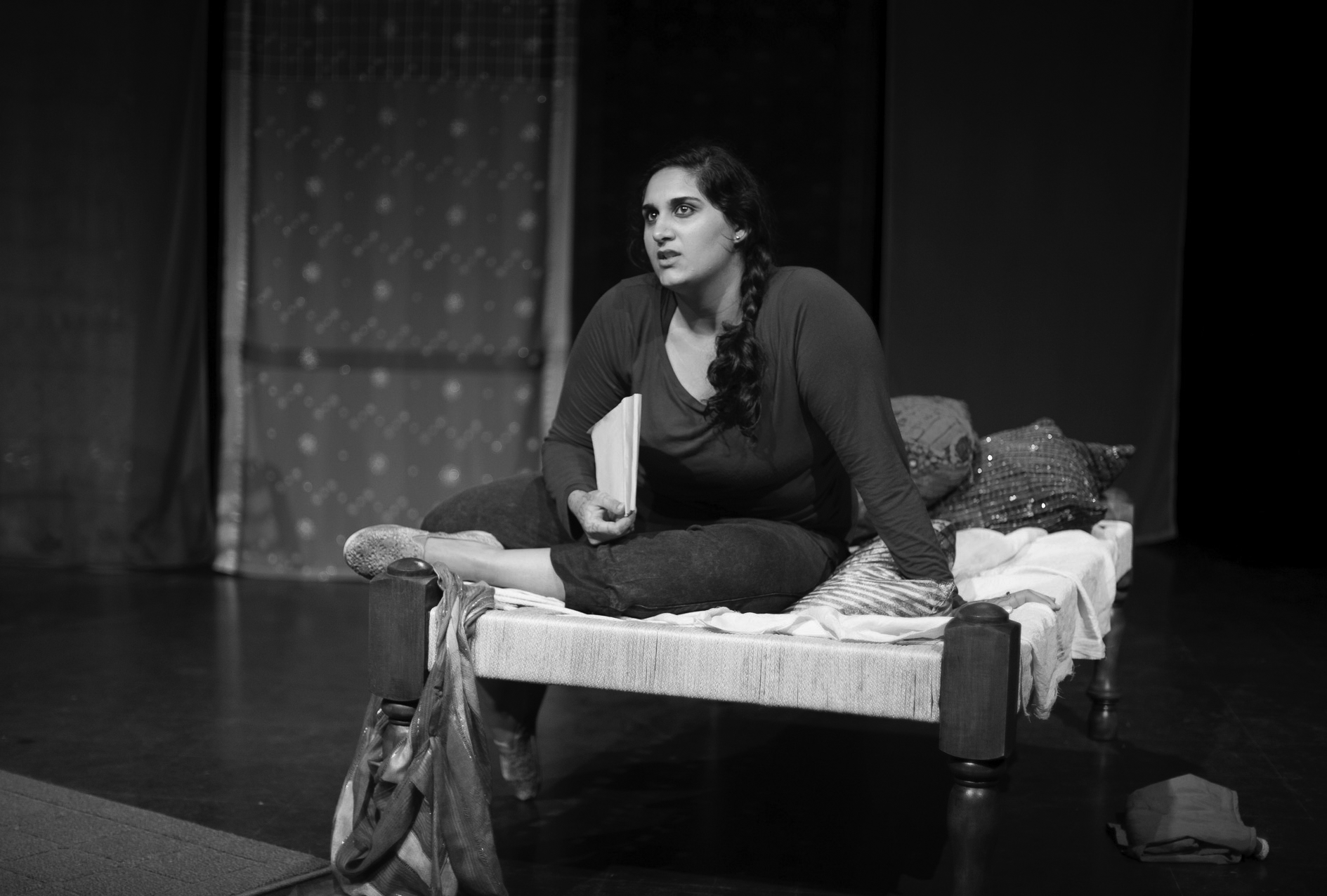Award-winning Indo-Canadian playwright, Anusree Roy, has crafted a slightly humorous—yet incredibly captivating—one-woman play. Letters to My Grandma triggers sentiments of fear, horror, and awe.
Roy introduces viewers to a young Indian woman by the name of Malobee. While aiming to build a new life in Montreal, she struggles to adapt to Canadian society. Like her Hindu grandmother during the Indian partition in 1947, Malobee is faced with the prospect of living in a world that is not as accepting as she may have wished. Presented with a grandmother’s heartbreaking story of survival and sacrifice in this period, audiences are forced to question whether people’s judgment of one another has really changed over generations since.
The Teesri Duniya Theatre company is used to dealing with similar subject matter. It is dedicated to promoting and producing works that are socially relevant within various cultures. Established in 1981 as a South Asian theatre company, it now claims to promote multiculturalism, multilingualism, and acceptance among nations.
Although Letters to My Grandma is a multi-generational story presented to spectators in a fractured narrative, the impeccable acting put forth by the gifted Sehar Bojhani makes it fairly easy to follow. Having taken part in productions such as The Life of Jude and The Taming of the Shrew, she is able to brilliantly capture the personas of the four distinctive characters. Perfecting postures, accents, and character nuances, this one-woman show exceptionally showcases the different facets of the narrative. Bojhani’s talent of drawing people into the emotions of four different and uniquely lively women results in giggles, enchantment, and disbelief among the audience.
Letters to My Grandma features a modest set. Decorated with orange and red Indian drapes, set designer Stephanie Lambert and director Lib Spry must be commended for a rare form of subtle yet notable creativity. Whether situated in India’s treacherous war zones or Malobee’s humble bedroom, the set does a fine job of taking on the role of exceptionally different environments. For instance, Malobee’s bed easily takes on the form of a horrifically daunting escape truck. The crew’s proficient transformation of a simple North American bedroom into a 1947 Indian war zone is impressive. Its simplicity allows the audience to dive further into their imagination.
Coincidentally, the presentation of Letters to My Grandma comes with impeccable timing. With much controversy surrounding Quebec’s Charter of Values, the performance of this play in Montreal stands for more than just entertainment. After a well-deserved standing ovation for the cast and crew, a few words of reinforcement were shared with viewers.
“This is for Pauline,” says Rahul Varma, creative director of the Teesri Duniya Theatre, to the audience, pointing at the kurta pajama he wears. As an attentive audience listens he continues, “Equality doesn’t come by removing the hijab, it comes from removing the prejudice.”
This brief yet striking statement was followed by heavy applause, reminding people that Malobee’s obstacles are, in fact, extremely relevant.
Roy says that she has one main objective with her work: “I want people to know that change is possible no matter what.”
Letters to My Grandma plays until Oct. 13 at Centre Culturel Calixa-Lavallée (parc Lafontaine). Student tickets are $15 with valid photo ID.








